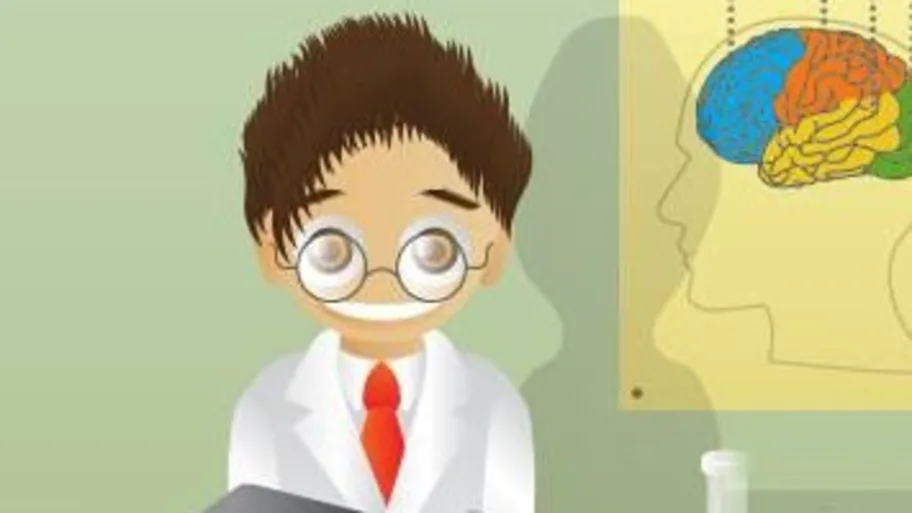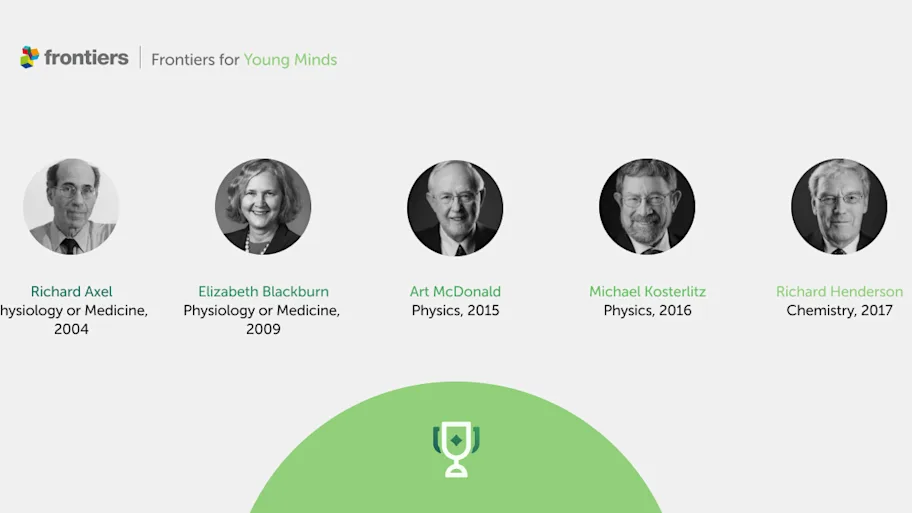
- Science News
- Young Minds
- Frontiers for Young Minds celebrates 15 million article views!
Frontiers for Young Minds celebrates 15 million article views!

2021 was quite a year for Frontiers for Young Minds! Our mission to connect kids with real scientists relentlessly continues. We have now reached 15 million article views! An amazing feat for which we are extremely proud and we could not have done this without the amazing support of all our authors, editor and young reviewers our there. I selected 6 articles for you to start exploring what our journal has to offer.
By Ayelet Vardi
Reaching 15 million article views is an exciting moment for us at Frontiers for Young Minds. It means that we are reaching more and more kids, teachers, and other interested people around the world, who now have the opportunity to learn about topics they care about from a reliable scientific resource. This year our journal team went from a team of two to a team of six and we have launched our flagship Noble Collection, which are certainly the two biggest highlights. Did you know that Frontiers for Young Minds also has Hebrew (451 translated articles) and Arabic (150 translated articles) versions? More languages are certainly on our radar in the near future too!
So how can you explore Frontiers for Young Minds content? On our articles page you can search for your favorite topics! Simply type your key word (for example: brain, corals, trees) in the search box and a second later, you will get a list of our papers related to that topic. Another way would be to look through our six different sections. As part of what I do in my everyday work, I curate articles at Frontiers for Young Minds. Although challenging, I have managed to select 6 articles from our portfolio of over 800 articles which I find to be the most interesting.
1. Biodiversity- the variety of life. In this section you are able to explore living ecosystems, learn about the history of the Earth and read about the discovery of new animal and plant species: This article tells the story of one of our ancient human relatives- Homo naledi and how researchers found he existed. You are even able to look at a reconstruction of how Homo naledi may have looked like in real life!
2. Human Health- how our body works, normal physiology and pathophysiology (diseases), medicines, nutrition, fitness and much more! I enjoyed reading this article not only because of the amazing discovery of Vitamin C almost 100 years ago (Hexuronic acid), but also because of the story behind what led to that discovery.
3. Astronomy and physics- deep space, the universe, stars, galaxies, solar systems and the subatomic world… I’m not sure about you, but I’ve never heard about HAT-P-11.
4. Mathematics- pure and applied mathematics, basic ideas along with cutting edge discoveries and applications. Lately we all keep hearing words like ‘big data’ and ‘data science’. This article explains what it all means, what algorithms are and what a data scientist actually does.
5. Neuroscience and Psychology- the brain! You can find answers to questions such as how does our brain, and other species’ brains, work? Why do we behave the way we do? What methods are being used today to study the brain? As my background is in brain disorders, it’s been extremely challenging for me to choose one paper in this section- I find everything intriguing! I, thus, looked for advice from a young mind: I asked my 7-year old daughter what she would like to know about the brain. She said: “How can my brain tell me when to go to sleep and when to wake up? It has no eyes!” So, hereby the article that tells you the answer: our biological clock helps us.
6. Earth and It’s Resources- our home, Planet Earth. Marine science, climatology, chemistry and materials, renewable energy research and other core earth sciences. One of the biggest challenges of our generation is addressing the climate crisis. Climate change is one aspect: what reaching “net zero” emissions means and what can we do to help?
Finally, I would like to draw your attention to one of the reasons why we have been able to achieve more than 15 million views: our Nobel collection, In this Collection Nobel prize winners explain the discoveries which led to their Nobel prizes and, more importantly, they share some tips for our young minds. Watch this space as we have even MORE Nobel papers coming soon!
These were the six articles I picked for you, we’re looking forward to hearing what you chose to read too! You can always contact us at kids@frontiersin.org.






